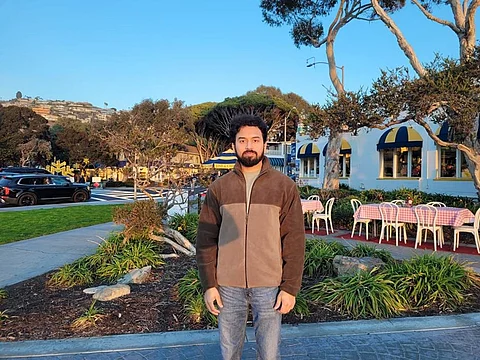

Public assistance programs are seeing a lot of transformation today due to the requirements of efficient, accessible, and transparent systems. Governments and organizations worldwide implement modern IT solutions in an effort to fulfill these challenges and ensure that some of the most essential services reach those who need them the most. In Virginia, state-administered assistance systems are currently undergoing modernization, and technology has been at the forefront of making these programs more effective.
Faiz Mulla is an IT leader who has spearheaded the integration of technology into public service delivery. He has worked on some large-scale initiatives to streamline the operation of these programs in a manner responsive to the needs of communities while keeping them operationally efficient. His work in modernizing these systems has led to a reduction in application processing time. This is a crucial time improvement for programs that will have to expedite action in the best interest of the concerned constituents. One of the standout accomplishments in Mulla's work is transforming the technology infrastructure supporting these programs. In the modernization process, he has introduced an integrated system, enhancing data quality and reducing the workload of administration. This integrated system is designed to make service delivery smoother.
Some of these developments are not only useful for the agencies managing these programs but have directly improved the experiences of individuals using those services. Modernizing public assistance programs was not without its challenges, however. Integrating diverse data systems across federal and state agencies demanded careful planning and coordination. Complying with regulations was also a challenge; systems had to adhere to strict guidelines while remaining adaptive to changing policies.
Mulla's strength in diving these intricacies is a reflection of larger tendencies in public IT projects. Here technological innovation is weighed against viable, real-world constraints, without which success would be highly elusive. However, the changes themselves brought about by these programs reveal some broader issues in public service delivery. Enhanced case management and data analytics frameworks have allowed agencies to inform their decisions more meaningfully and to track performance more easily at the program level. Ultimately, this has led to faster processing times and more accessibility for the recipients.
The future trends envisage the integration of technologies such as AI, Machine Learning, and Blockchain into public IT systems. These technologies can become the means of solving some age-old challenges like fraud detection, data security, and scalability of systems in order for public assistance programs to remain viable and ready for the future.
The modernization of state-administered assistance systems in Virginia represents the transformative impact that technology can bring to the delivery of public service. Such programs have evolved into more effective, responsive, and accessible platforms in the pursuit of serving citizens who need them the most. In light of issues like data integration and regulatory compliance, the achievements of these projects prove that the role of innovation, collaboration, and strategic planning are crucial factors for meaningful change. These innovations enhance operational efficiency but also ensure that public services are equitable and effective in meeting diverse community needs through technology-driven governance, shaping more effective and equitable systems for all.
